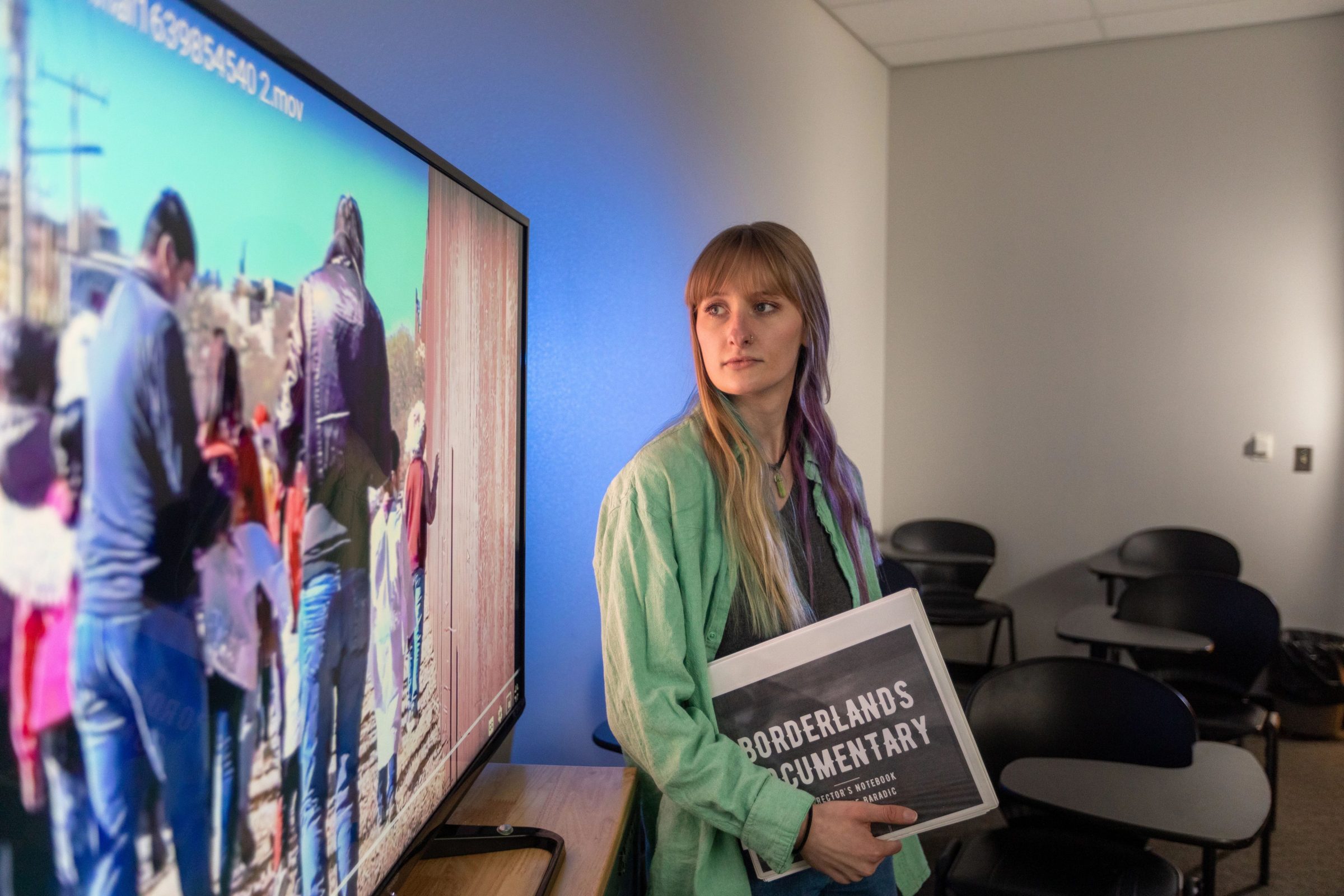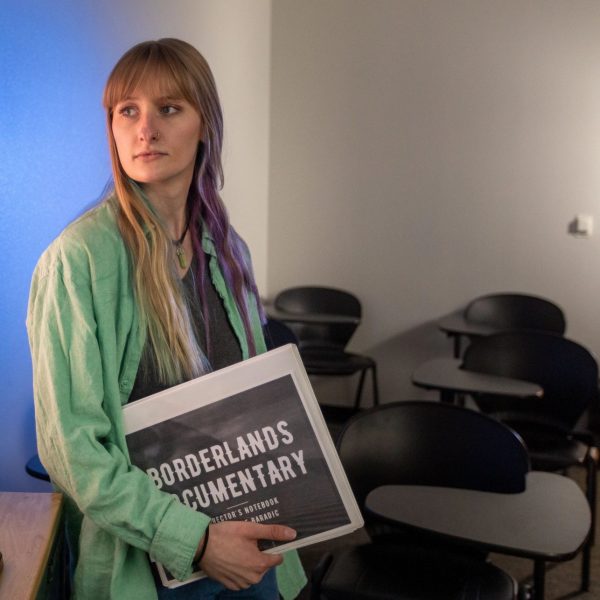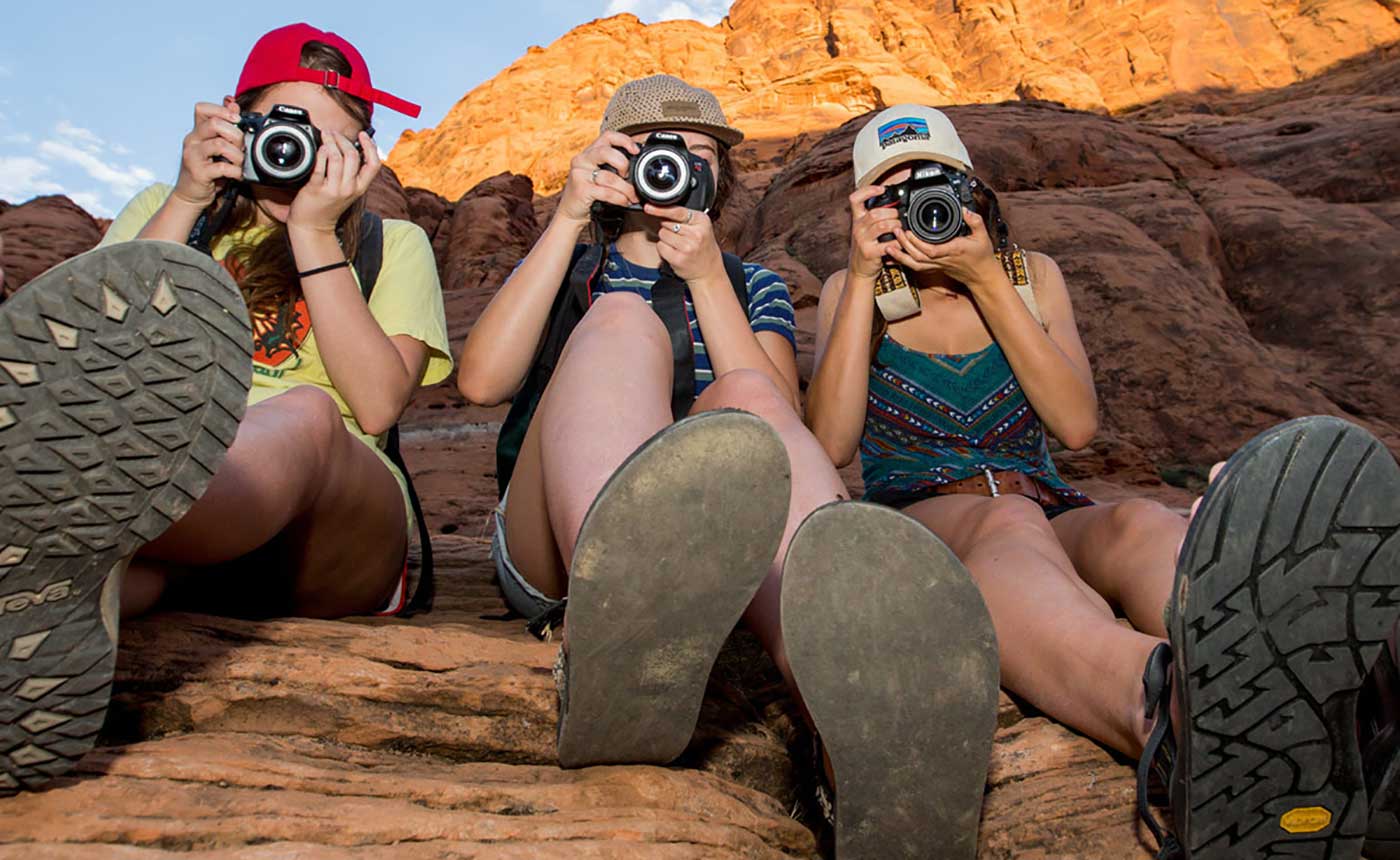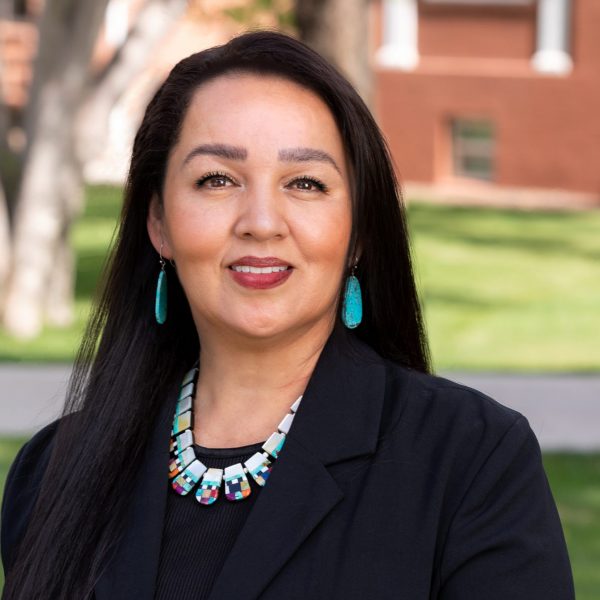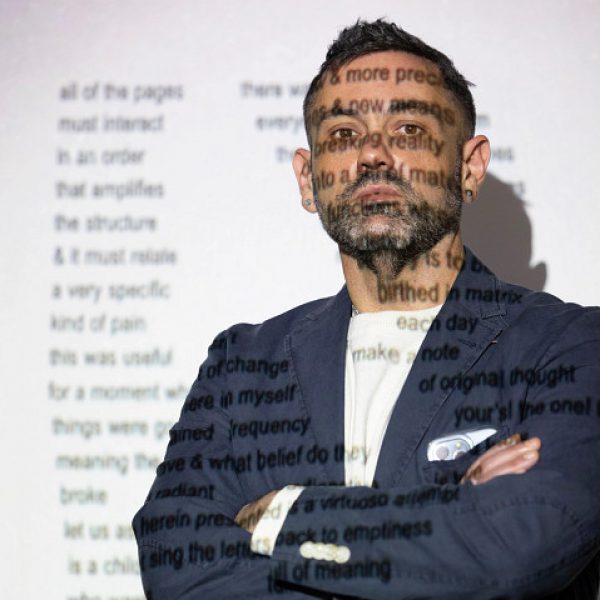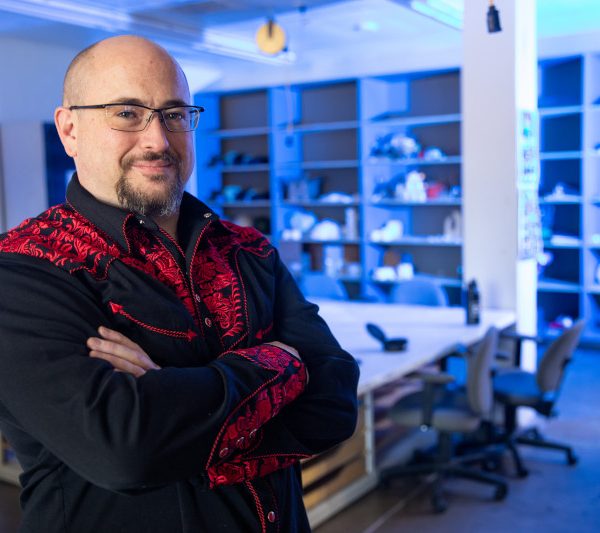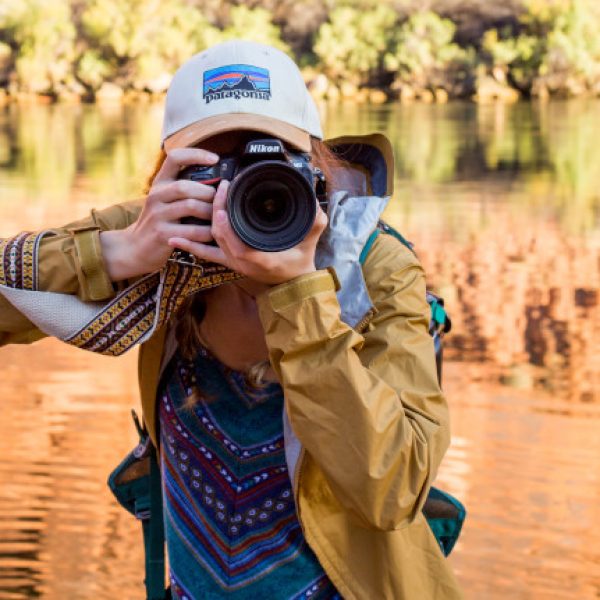Creative Media and Film major Mackenzie Baradic is documenting the stories of migrants, and those who help them, as they risk their lives to cross the Sonoran desert.
Like many Arizonans, for Baradic, the immigration crisis at the US–Mexico border is right in her backyard.
“I’ve been surrounded by this issue since I was about five,” says Baradic. Growing up in Phoenix, she began to learn the nuances of immigration through her mother, who teaches English as a second language in a public high school.
“She works with migrants, refugees from Mexico, Guatemala, everywhere, anywhere. But the funny thing about my mom is that she doesn’t speak Spanish, so I often had to translate for her,” Baradic says. Translating for her mother opened Baradic’s eyes to the bewildering web of logistics that hampers immigration to the US. Baradic observed “constant systemic pressures and problems that are completely unfair to people of any age, especially 15-year-olds just trying to go to school.”
Drawing inspiration from her upbringing, Baradic decided to be part of the solution. At NAU, she sharpened her language skills with a minor in Spanish and focused her senior capstone project on documenting the immigration crisis in the Sonoran desert. With help from the Jean Shuler research mini-grant, Baradic produced a film entitled Borderlands, which chronicles the efforts of humanitarian volunteers deep in southern Arizona to help migrants survive the dangerous desert crossing.
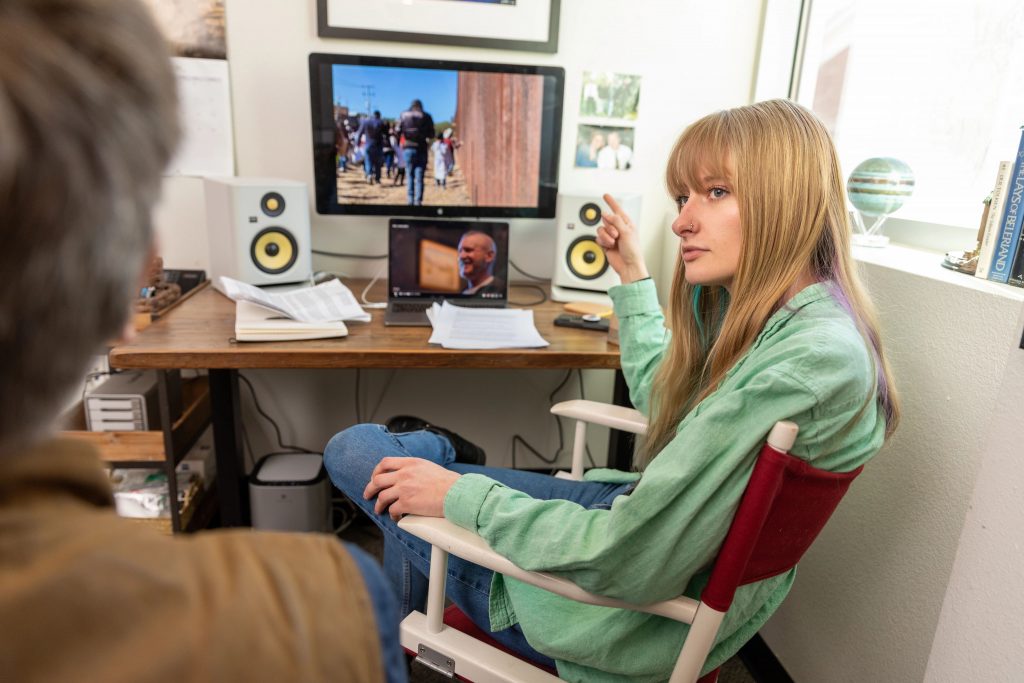
“We are looking at how the Prevention Through Deterrence strategy has forced migrants into completely uninhabitable areas of the desert, and what that actually means,” says Baradic. “I’m not going to lie; it’s pretty intense.” As migrants travel through the desert, they face dire threats, including illegal drug traffickers, rattlesnakes, and a dangerous lack of water. Baradic’s documentary focuses on the lethal effects of dehydration.
The testimonies featured in Borderlands come from the humanitarians who leave water in the desert, provide food and shelter near popular border crossings, or find and rescue lost migrants. According to Baradic, these activists are incredibly diverse, ranging from punks to professors and veterans to students.
“The variety of stories I’ve heard—it’s insane how many branches there are to this tree,” she says. Beyond interviews, Borderlands will also document boots on the ground as Baradic and crew assist humanitarian aid efforts. This means hiking fifteen miles into the desert, carrying water, and watching for rattlesnakes, narcos, and human remains. These raw experiences, originally just part of the filmmaking process, changed Baradic’s outlook.
“You realize that you are not so significant anymore, and your life is nowhere near as precious as you thought it was,” she says. “Your purpose is not to sit at home and earn your film degree; it’s to actually do something about the atrocities that are happening three hours from where you live.”
In many ways, Baradic felt empowered to take her filmmaking seriously due to the mentorship of Kurt Lancaster, professor in NAU’s School of Communication. “As long as you put in the work, Dr. Lancaster will keep working with you and help you achieve whatever it is that you want to achieve,” she says. After excelling in his Cinematic Storytelling class, Baradic collaborated with Lancaster in the Interns-to-Scholars program, ultimately presenting their joint research at a conference in Wilmington, North Carolina. This April, Baradic will be showing the documentary at NAU’s Undergraduate Research Symposium.
For Baradic, this documentary is exactly what she wants to focus on in her career: the tough subjects, the ones that make people uncomfortable. And, ultimately, she hopes her work will improve lives by empowering underrepresented people to tell their stories.
“I’m going to be doing absolutely everything that I can to amplify the migrants’ voices,” says Baradic. “I’ve worked really hard to get to where I am right now and to be in a position where I actually can do something about it, instead of just sitting around.”

